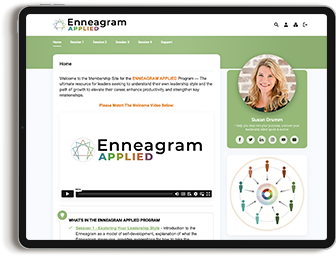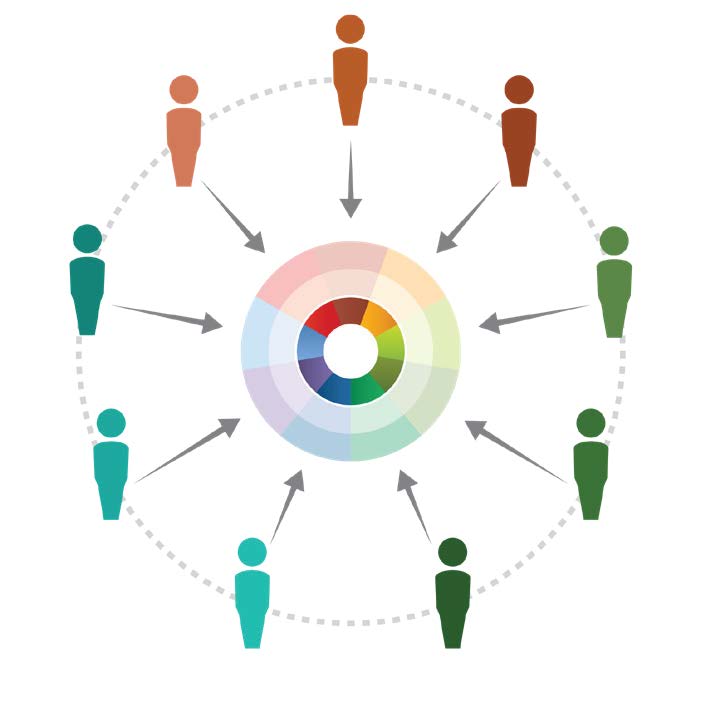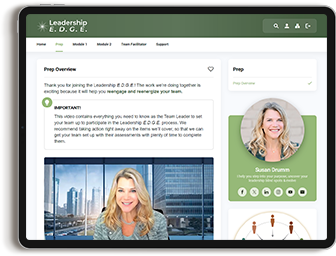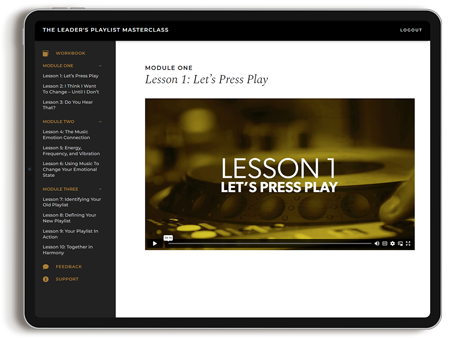The Case for Strengths-Based Leadership (feat. David Rendall)
As leaders, it’s natural to strive for excellence.
If something is broken, you want to fix it. If you realize you need to grow in an area, you seek 360 feedback or professional development to hone your skills. But what if there’s more to the story?
Should you just leverage your strengths or work on your weaknesses?
Rather than worry about weaknesses, David Rendall believes leaders must lean into personal strengths.
David is an international speaker and the author of four books, including The Freak Factor and The Freak Factor for Kids. His clients include Fortune 500 companies such as Microsoft, AT&T, Fannie Mae, and State Farm. Prior to becoming a speaker, he was a leadership professor and a standup comedian. He has a doctorate in Management & Organizational Leadership, and a Graduate degree in Psychology.
This week, on The Enlightened Executive podcast, David Rendall joins to discuss self-awareness, strengths-based leadership, and his unique approach to finding success as a leader.
How leaders should handle weaknesses
From David’s perspective, we all spend far too much time and energy worrying about how to fix weaknesses or flaws. He says there’s a significant difference between who you inherently are and what you’ve learned through trauma or negative experiences in your life.
Some flaws you can overcome. Some you can’t. How do you know the difference?
David offers the example of Paul Orfalea, founder of Kinkos, who has dyslexia and couldn’t read or write well. No amount of self-awareness could take that away. Instead of letting a weakness stop him, he teamed up with individuals who could fill that literacy gap. The company grew to $2.4B and was later sold to FedEx.
Self-awareness is crucial. Even in strengths-based leadership, you need to know your weaknesses. From there, according to David, you should outsource or build a team that brings in complementary skills.
“It’s the partnership with people who have corresponding strengths—complementary strengths—that makes us valuable, especially as an organization.” – David Rendall
The key to strengths-based leadership
If you’re looking for a way to move your company forward, practice appreciative inquiry.
Instead of focusing only on the negative, find what’s working at your company.
- Where do you thrive?
- What’s going well?
- How can you double down on your strengths?
Focusing only on the flaws may inhibit your ability to discover new ideas and find solutions.
“No matter what you do, remember that appreciation, rather than criticism, will spark creativity for you and your team.” – David Rendall
David also shares…
- The importance of accepting your “freak factor”
- Why staying in your comfort zone is the right choice (sometimes)
- The fine line between confidence and arrogance
If you liked this episode, you may also benefit from hearing:
- Dane Espegard discuss finding joy in and outside of work
- Cheryl Strauss discuss how to make complex, high-stakes decisions
- Justin Donald explain how to improve your “time wealth”




